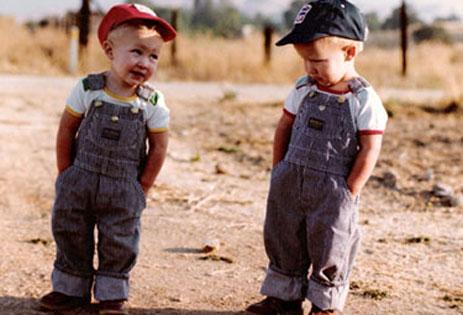The survey found that three-quarters of Year 6 students thought cotton socks came from animals.
It also showed just under half of the Year 6 students did not know that bread, cheese and bananas all came from farms and a quarter thought yoghurt was a plant product.
Only about a quarter of Year 10 students identified that salmon and eels were farmed animals.
More Year 10 students correctly identified the origins of pasta, cotton socks, scrambled eggs, yoghurt and pearl necklaces.
But the researchers, from the Australian Council of Educational Research (ACER), said the results showed that in many other instances there was not a great difference between the proportion of Year 10 and Year 6 students who were right about product origins.
For instance, seven in 10 Year 6 students and six in 10 Year 10 students thought most logs harvested in Australia came from native forests - which is wrong.
While all students generally had good attitudes towards farmers, saying they treated their animals well, more than twice as many Year 10 students, compared to Year 6 students, believed that farming damaged the environment.
As well, 65 per cent of students did not associate farming with innovation.
The National Farmers Federation said the survey results were a call to action.
"Food and clothing are among the most basic of all human needs," president Jock Laurie said in a statement on Monday.
"It seems incredulous that children are not taught more about where these vital products come from, or what goes into growing them."
Thousands of jobs were available in agriculture and employment prospects would continue to grow as the current generation of farmers retired.
"But unless the next generation learn about agriculture and food and fibre production, it seems unlikely that they will ever consider these areas as a career," Mr Laurie said.
The Primary Industries Education Foundation, which commissioned the survey, said the results showed food and fibre production should be included in the national curriculum when it was finalised.
"The people who will need to solve the problems related to food security are either currently in school or are yet to be born," chair Cameron Archer said in a statement.
The survey interviewed 150 Year 6 students and 150 Year 10 students in schools across Australia.
Do the results surprise you?















__small.png)










